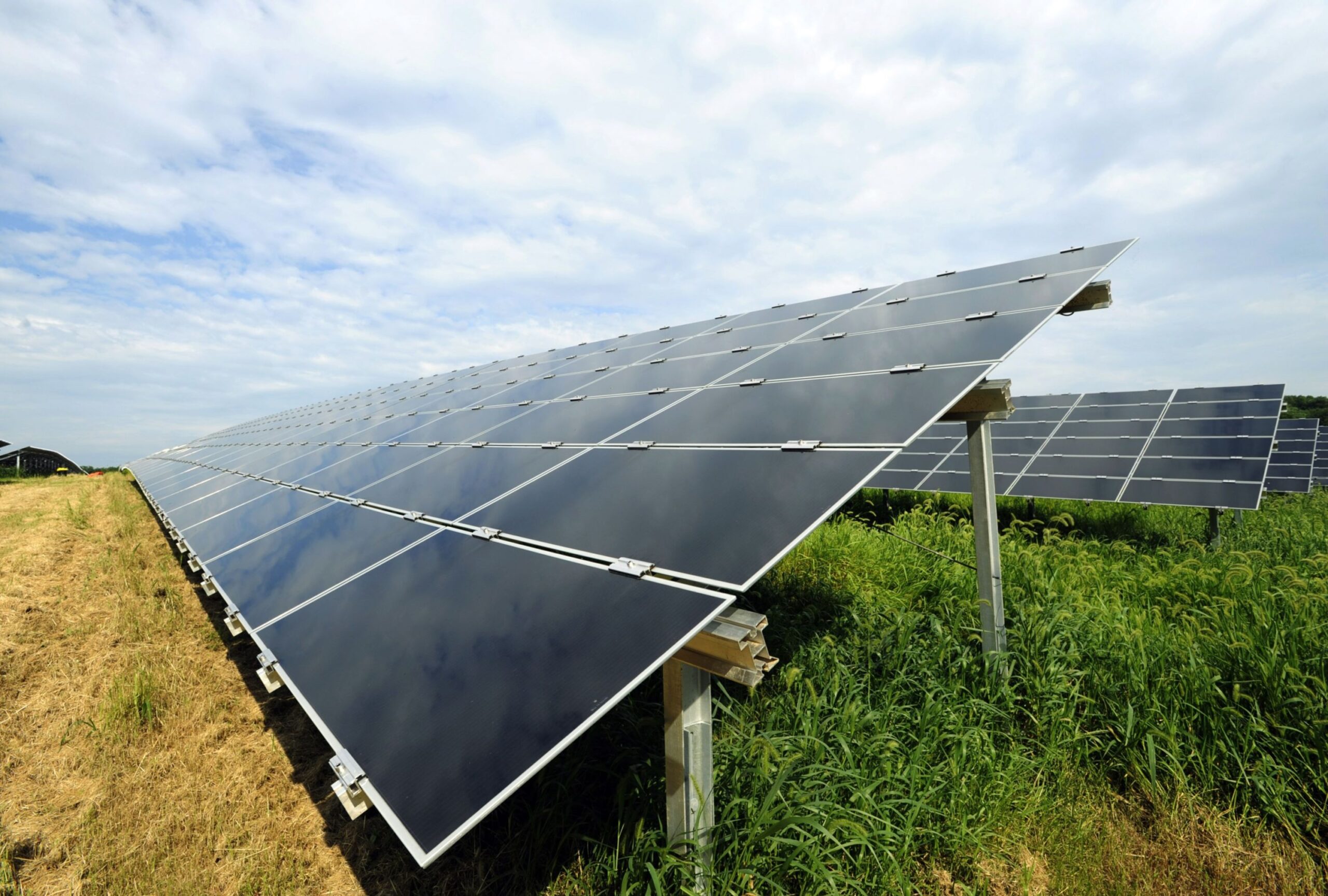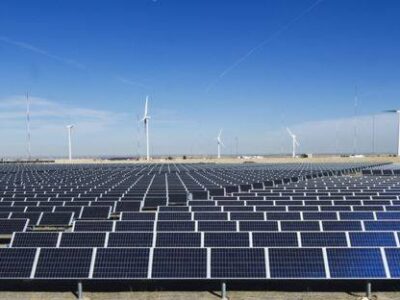(Bloomberg) —
A White House-backed clean power program that was rejected by Senator Joe Manchin could be resurrected as a grant program that would reward states that increase clean energy.
Lawmakers have been working on a Clean Energy Challenge Grant Program for states as an alternative, Representative Jared Huffman, a California Democrat, said in a telephone interview following a meeting with President Joe Biden and progressive lawmakers at the White House Tuesday.
“My understanding is it is a set of pretty significant incentives to get most states to achieve clean energy,” Huffman said. “The point I made to the president is we have find something that achieves the same power sector emission reductions because without it we are off track.”
The White House and congressional Democrats have been looking for an alternative to the Clean Electricity Payment Program, which, as part of a much larger spending bill, would have provided grants to utilities that increased their clean-energy generation by 4% annually and penalized those that failed to meet that goal.
The program has been a major priority for the White House, but was effectively killed after Manchin, a West Virginia Democrat and a key swing vote in the evenly divided Senate, declared his opposition to the program, which he has said would pay utilities for doing what they are already doing.
The issue is taking on new urgency with the opening of the United Nations climate change conference in Scotland less than two weeks away. Congress has yet to agree on a program that could help the president, who will be attending the conference along with several top U.S. officials, achieve his stated goal of reducing American greenhouse gas emissions by 50% from 2005 levels by decade’s end.
Senate Majority Leader Chuck Schumer, House Speaker Nancy Pelosi, and a phalanx of lawmakers are planning a press conference later Wednesday where they will make the case that the emerging bill needs to have climate measures that are strong enough to meet Biden’s 2030 goal.
Earlier: Democrats Struggle to Replace Climate Plan Manchin Rejected
The notion of using grants, which would require congressional funding through the spending bill being hashed out in Congress, dovetails with remarks made by Energy Secretary Jennifer Granholm, who earlier this year said a national clean energy mandate could be done as a national contest between states if Congress doesn’t go along with the plan.
“Some carrots make states go a long way,” Granholm told the BloombergNEF annual summit in April.
Granholm, at the time, said the idea could be similar to a to a so-called Race to the Top employed by the Obama administration to improve education policy in which governors competed for billions of dollars in grants.
Asked about the prospect that Granholm’s idea could be revived with the Clean Electricity Payment Program faltering, David Turk, the Energy Department’s deputy secretary said the department has experience working with utilities and state governments.
“There is a variety of discussions right now about how to have different authorities, different funding streams that can work in partnership with states, with utilities, with others in the private sector and local governments as well,” Turk told a Bloomberg Live event Tuesday. “There are a number of pathways here and those are the discussions we are having with key leaders on the Hill.” (Updates with Democrats’ press conference in seventh paragraph.)
–With assistance from Annmarie Hordern.
© 2021 Bloomberg L.P.





